

September 11, 2025

Egypt, a land steeped in ancient history and vibrant culture, offers an unparalleled shopping experience. Beyond the breathtaking pyramids and majestic temples, the bustling souks and artisan workshops are a treasure trove of unique and authentic souvenirs. To help you navigate the rich tapestry of Egyptian goods, we've compiled this comprehensive, SEO-optimized guide to the 12 best things to buy and where to find them.
When shopping in Egypt, remember that bargaining is a common practice, especially in bazaars. Prices are often inflated for tourists, so negotiating politely can lead to fair deals. Always ask about authenticity, especially when buying items like papyrus, jewelry, or alabaster. Supporting local artisans not only ensures you get a high-quality souvenir but also helps preserve Egypt's cultural traditions.
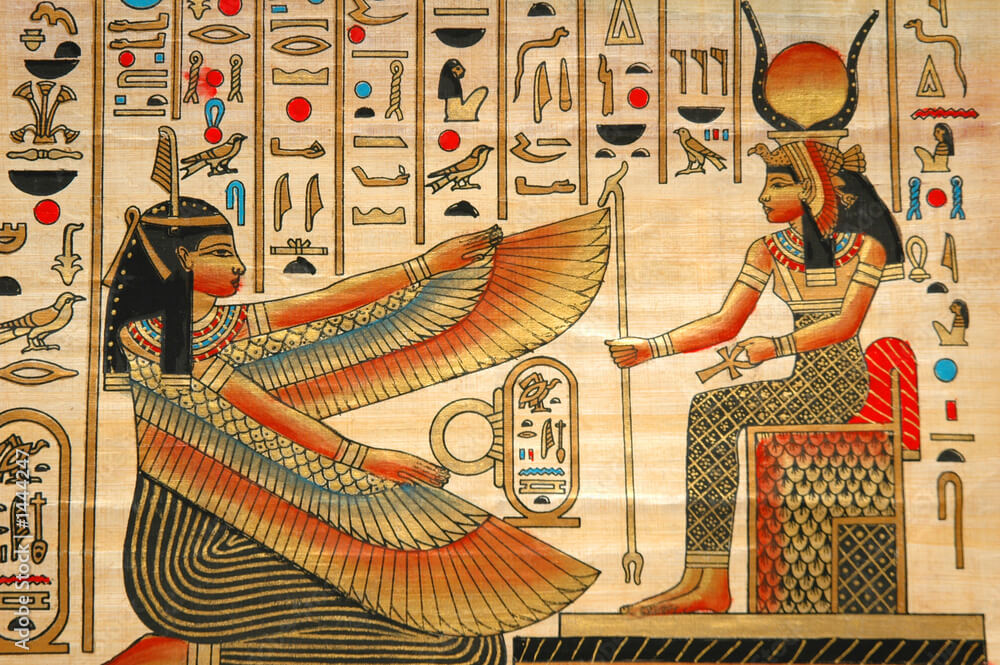
Why it's a top souvenir: Papyrus is synonymous with Ancient Egypt. These hand-painted scrolls, made from the papyrus plant, are a direct link to a bygone era, making them the perfect, lightweight souvenir to bring home. The artwork often depicts pharaohs, gods, and famous ancient stories, making it both decorative and educational.
Where to find it: For a guaranteed authentic experience, visit a certified institution like the Papyrus Institute in Cairo or the Isis Papyrus Museum in Luxor. You can even watch a demonstration of the papyrus-making process. Street vendors may also sell papyrus, but beware of fakes made of banana leaves.
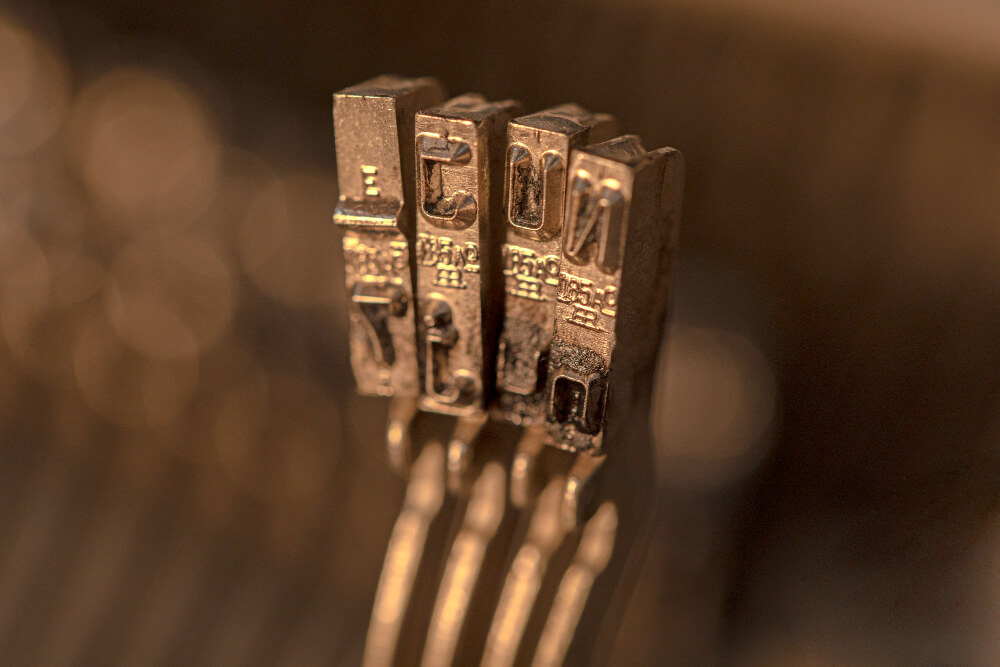
Why it's a top souvenir: Egyptian jewelry is a blend of timeless elegance and historical symbolism. A custom-made cartouche with your name in hieroglyphs is a truly unique and personal keepsake. The scarab beetle, symbolizing rebirth and protection, is another common motif. Gold and silver are often more affordable here than in many other countries, and the craftsmanship is outstanding.
Where to find it: The Khan el-Khalili Bazaar in Cairo is a prime destination for jewelry. Look for established shops with good reputations and always ask for a receipt. Some jewelers will even let you watch as they inscribe your name onto the cartouche.
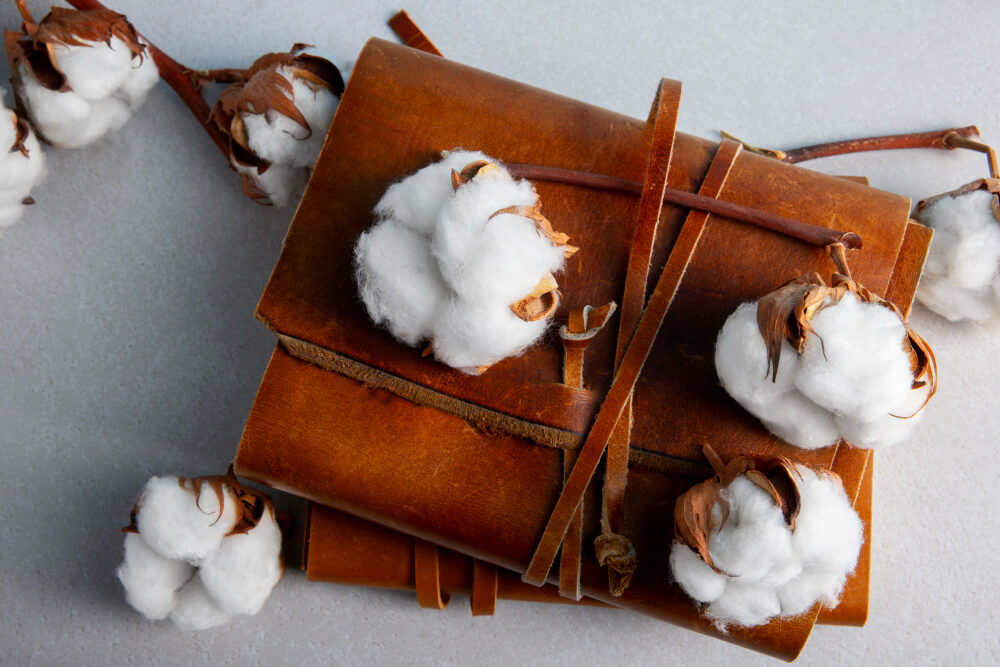
Why it's a top souvenir: Widely considered the finest cotton in the world, Egyptian cotton is renowned for its exceptional softness, durability, and breathability. Bringing home luxurious bed linens, towels, or clothing is a practical and elegant way to remember your trip. Many travelers swear by Egyptian cotton as a long-term investment for quality sleep.
Where to find it: While you can find cotton products in tourist markets, for the best quality, visit specialized stores like Mobaco Cottons in Cairo. Be cautious in street markets where cotton blends may be marketed as 100% Egyptian cotton.
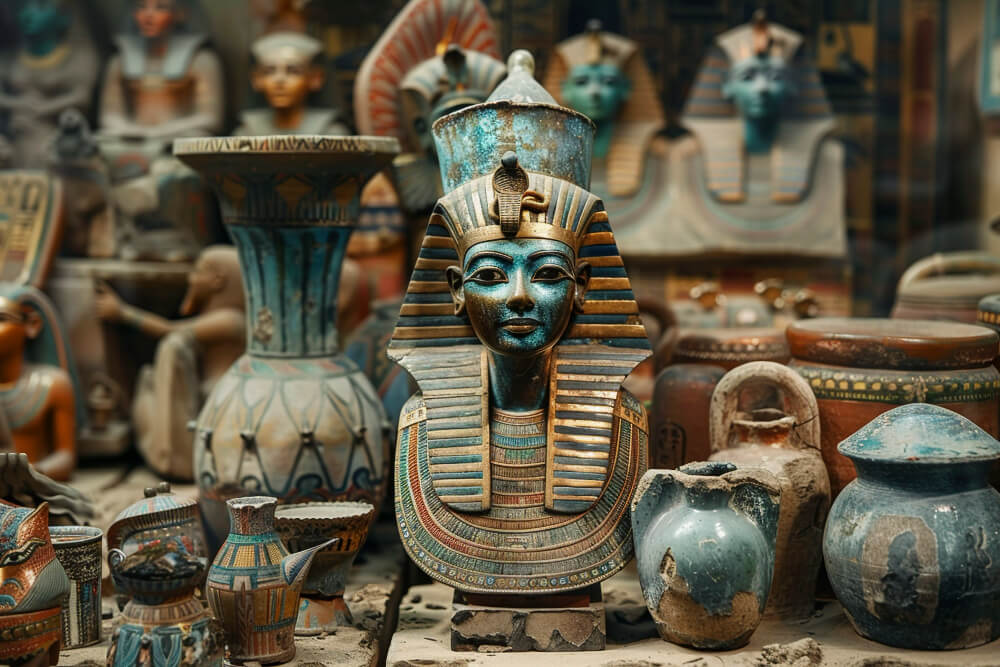
Why it's a top souvenir: Hand-carved alabaster, a soft stone found in the deserts of Egypt, has been used for millennia to create exquisite sculptures, vases, and decorative objects. Each piece has a unique color and texture, ranging from milky white to earthy tones, making it a beautiful decorative item that also connects you to ancient traditions.
Where to find it: Luxor, especially near the Valley of the Kings, is known for its alabaster workshops. This is the ideal place to see the process and buy directly from the artisans. Be careful of resin imitations sold in tourist-heavy areas.
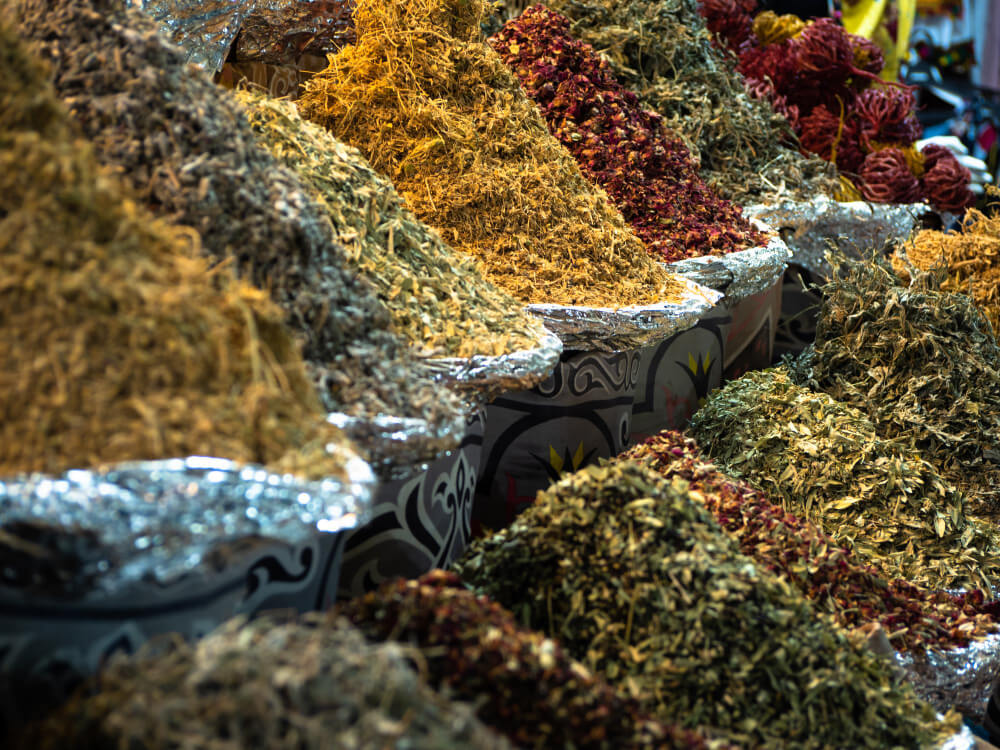
Why it's a top souvenir: The vibrant aromas of Egypt's spice markets are an unforgettable sensory experience. Bringing home a selection of fresh spices, like Egyptian cumin, saffron, and cinnamon, along with traditional teas such as hibiscus (karkadeh), allows you to recreate the flavors of your trip. Hibiscus tea is especially refreshing and has been enjoyed in Egypt for centuries.
Where to find it: Your best bet is to explore the spice stalls in the Khan el-Khalili Bazaar in Cairo or the markets in Aswan. Vendors often let you smell and sample before you buy. Pack them in sealed bags to preserve freshness.
Why it's a top souvenir: This is a lesser-known but truly authentic souvenir. Khayameya is a decorative Egyptian appliqué textile art, traditionally used to line the interiors of large tents. The intricate, hand-stitched designs are often geometric or inspired by Islamic art. Today, khayameya can be found on cushion covers, wall hangings, and even tablecloths.
Where to find it: The best place to find this art form is in the 'Street of the Tentmakers' (Souq al-Khayamiya) in Islamic Cairo, where you can watch the artisans at work. Buying here also supports the continuation of this centuries-old craft.
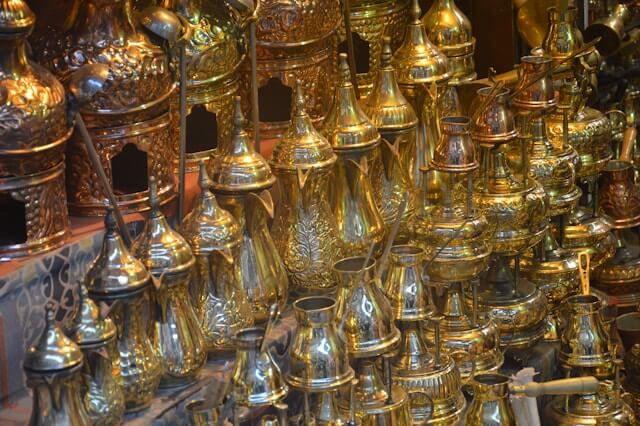
Why it's a top souvenir: Egypt has a long history of creating exquisite perfumes and essential oils. These pure, alcohol-free oils are sold in beautifully hand-blown glass bottles, which are works of art in themselves. The scents can range from floral notes like jasmine and lotus to rich, musky blends inspired by ancient recipes.
Where to find it: Shops in Khan el-Khalili are abundant with these treasures. You can often watch glassmakers at work, creating beautiful bottles in a variety of colors and designs. Always ask to test the purity of the oil before purchasing.
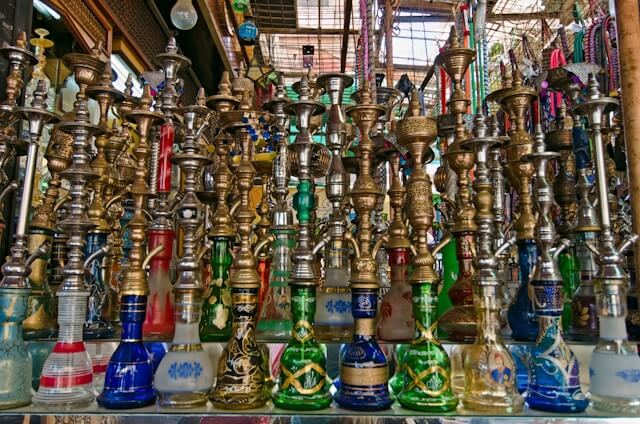
Why it's a top souvenir: These elegant wooden boxes, often adorned with intricate geometric patterns using mother-of-pearl, are a beautiful and classic souvenir. They are perfect for storing jewelry or other small trinkets and make excellent gifts. The craftsmanship reflects a blend of Islamic artistry and Egyptian heritage.
Where to find it: These are widely available in the Khan el-Khalili Bazaar and other craft shops throughout Cairo. Prices vary based on size and intricacy of design.
Why it's a top souvenir: Intricately designed water pipes, locally known as shisha, are popular as decorative pieces. While some travelers purchase them for smoking, many buy them simply as souvenirs because of their elaborate metalwork, colorful glass, and cultural symbolism.
Where to find it: You'll find a wide variety of shisha pipes in the Khan el-Khalili Bazaar and tourist shops throughout Egypt. If you plan to use it, check with the shopkeeper to ensure it’s functional, not just decorative.
Why it's a top souvenir: High-quality leather bags, wallets, belts, and sandals are widely available in Egypt. Many feature traditional Egyptian motifs or embossed hieroglyphic-inspired designs. These items are both durable and stylish, making them a practical souvenir that can be used daily.
Where to find it: The Khan el-Khalili Bazaar has numerous leather shops. You can also find high-quality products in boutiques in Cairo and Luxor. Inspect the stitching and leather quality before buying.
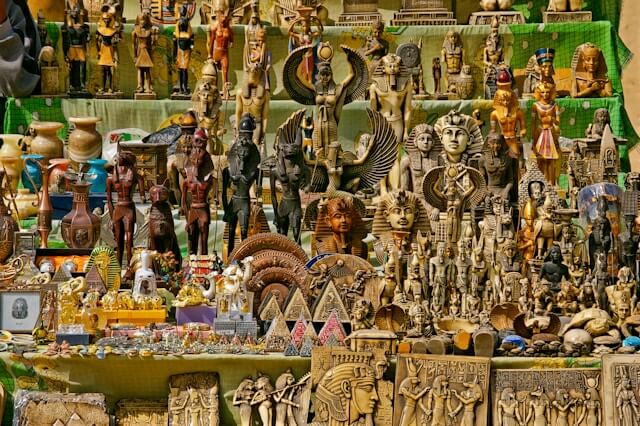
Why it's a top souvenir: Small-scale replicas of the Giza Pyramids, Sphinx, Anubis statues, and other ancient symbols are classic tourist souvenirs. Perfect for a desk or shelf, these figurines allow you to bring home a piece of ancient history. Some are made of stone, others from metal or resin.
Where to find it: These are available at almost every tourist shop and market near major historical sites. Bargaining is expected, so don’t be afraid to negotiate.
Why it's a top souvenir: Known for its rustic, handcrafted feel and bold yet simple patterns, Fayoum pottery often features blue or black drawings on a light background. Each piece tells a unique story, inspired by nature, daily life, and traditional Egyptian symbolism.
Where to find it: While some shops in Cairo may carry it, the best place to find genuine Fayoum pottery is in the Oasis of Fayoum, where the tradition originated. Visiting the pottery villages there is a cultural experience in itself.
Whether you’re looking for luxury items like fine cotton and jewelry or simple keepsakes like figurines and spices, Egypt offers a wide variety of souvenirs that capture its spirit. Take your time exploring the markets, talk to the artisans, and choose items that resonate with you personally. Your souvenirs will not only remind you of your journey but also serve as cultural treasures from one of the most fascinating civilizations in the world.